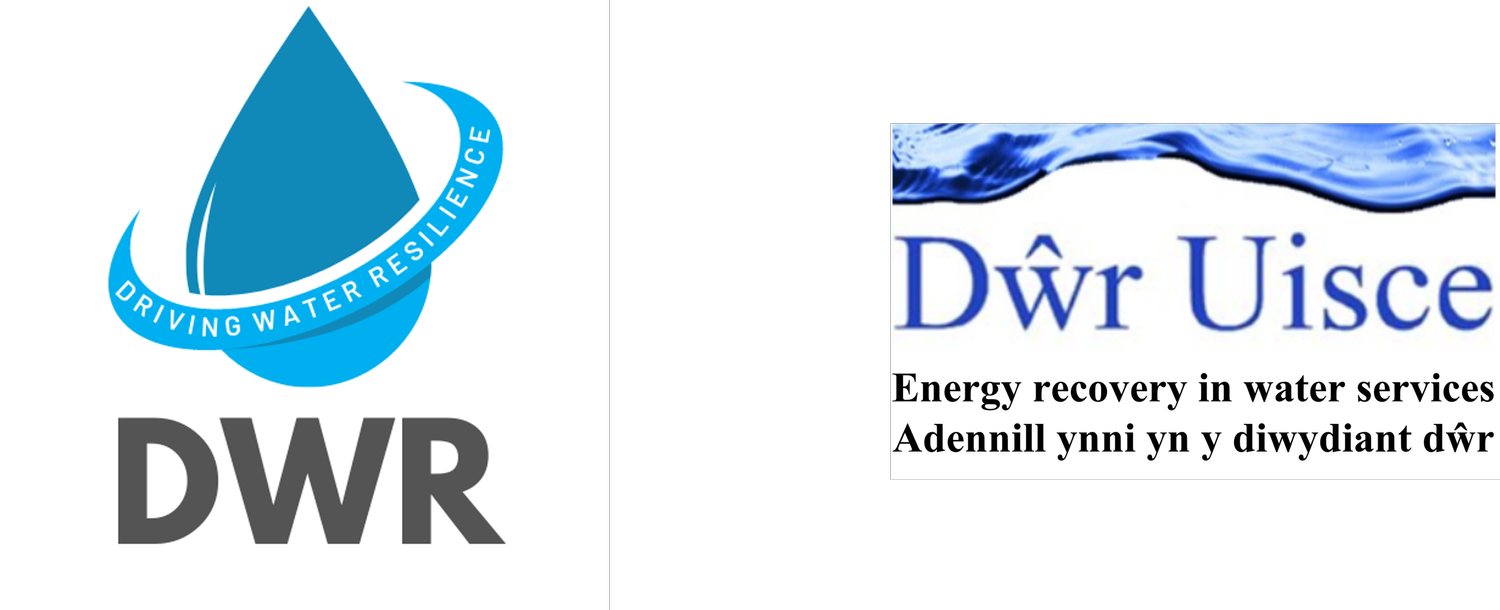Interreg Ireland-Wales programme (2014-2020)-funded workshop ‘Water and Energy in Rural Communities, a workshop for Group Water Schemes in Ireland’ took place in Kilkenny on Thursday 26th of April 2018. It was organised by Trinity College Dublin, in collaboration with the National Federation of Group Water Schemes and Arup Consulting Engineers. Our team delivered the workshop and represented the Dŵr Uisce project.
The event attendees were representing a number of Group Water Schemes (GWS) from across Ireland, which are small private companies focused on delivering water solutions to rural communities, and several organisations who work with water and energy supply or research.
The workshop aimed at discussing energy and water production costs and the potential for energy recovery and/or energy optimization with a special focus on the Irish Group Water Schemes. The discussion also revolved around the future trends involving water and energy and how small water supply schemes may best adapt to the future challenges. The detailed programme is available here.
The most important topic discussed was the planned deployment of a micro-hydropower solution at a demonstration site within the Blackstairs Group Water Scheme. This demonstration site is a deliverable of the Dŵr Uisce project and it aims at helping the scheme to reduce its electricity consumption by means of tapping unexploited hydropower potential in their existing infrastructure. In an open discussion the participants shared their expectations on what should be featured in a demonstration site so that all could learn and identify opportunities for replication.
Tracey Lydon (Arup Consulting Engineers) (left) and Irene Fernandez (TCD) led two interactive sections and presented case studies on small rural communities’ abroad and in Ireland respectively. Participants mapped the various stakeholders involved by means of an “influence matrix” assessing their interest and influence on the innovation process. The objective was to raise awareness of where both the power and interest are in the context of each group water scheme.
Luke Varley of the Department of Housing, Planning and Local Government set the scene. He discussed how the Drinking Water Directive is incentivising the shift towards less energy intensive methods to produce water and water saving innovations. He also presented new funding opportunities for innovation in GWS.
Barry Dean discussed the need for the GWS to focus on these topics and showed interest in continuing the existing collaboration between the NFGWS and Dŵr Uisce.
The workshop was a great opportunity to develop a growing network of group water schemes through the water and energy smart specialisation cluster. Through sharing the insights from researchers and experiences from the practitioners, the pipe-network can continue to deliver its services but with improved efficiency and lower carbon footprint. This focus is consistent with the aim of the Dŵr Uisce project to promote the adoption of the technology platforms being developed by including them in demonstrations sites.
The project will lead in the adoption of such technologies across other schemes and rural communities. And we can't wait for that!



